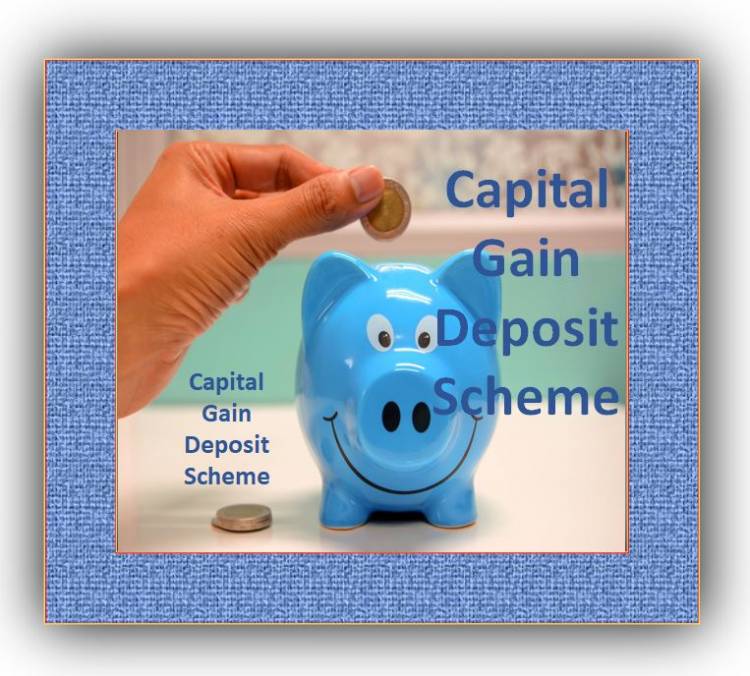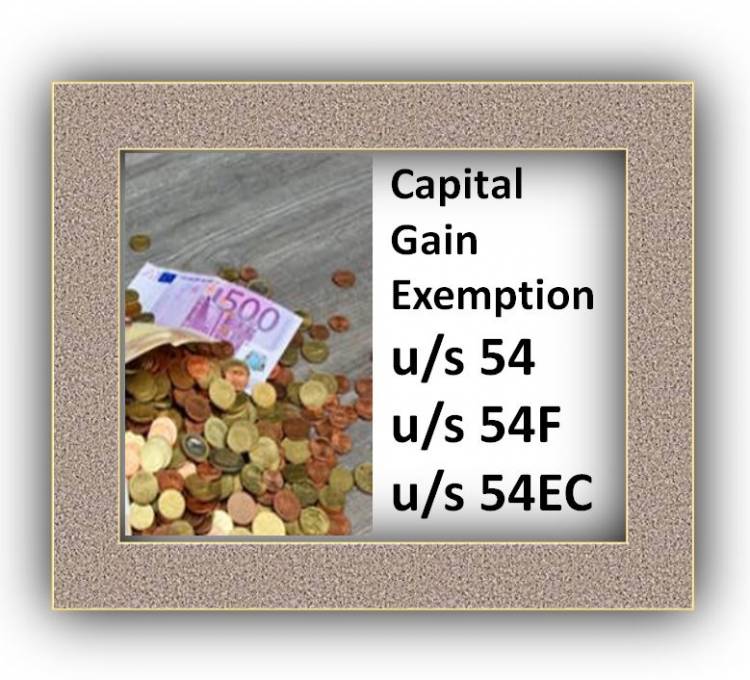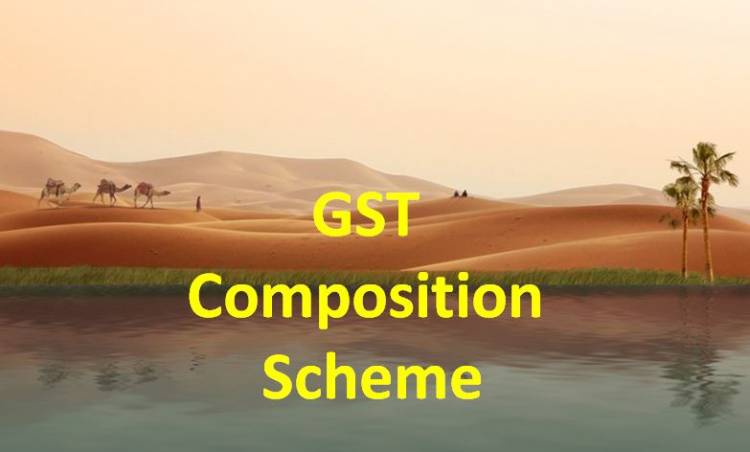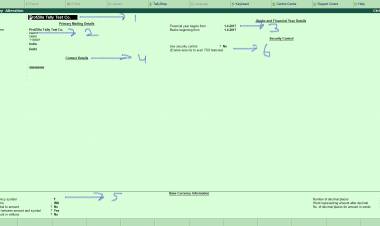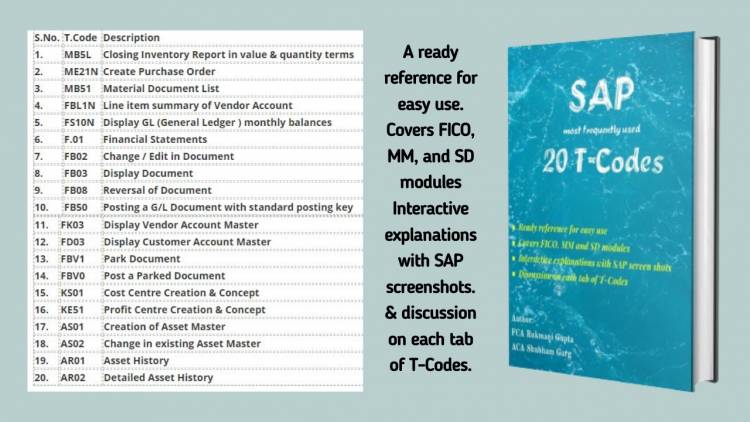Role of Stamp Duty in Full Value of Consideration in Capital Gain
Role of Stamp Duty in Full Value of Consideration in Capital Gain
- What is full value of consideration in capital gain?
- What is the role of stamp duty value while calculating capital gain?
- Is registration date or agreement date is relevant for comparing stamp duty value with actual sale value?
- While calculating capital gain, what are the expenses considered as “expenditure wholly & exclusively for the purpose of transfer”?
1. What is full value of consideration in capital gain?
Full value of consideration agreed to be received in lieu of transfer of the capital asset. This consideration may or may not be recd. In full in the year of sale, but the complete sale value is subject to tax in the year of sale itself if the due transfer has been taken place.
2. What is the role of stamp duty value while calculating capital gain?
Stamp duty value is value of any asset decided as per the standard rates prescribed by any authority of State Govt. for the purpose of levy of stamp duty.
As per section 50C of Income Tax Act, While calculating full value of consideration for land or building or both, we need to compare the actual sale consideration to the stamp duty value of the property.
- If the actual value of property dies not exceeds 105% of stamp duty value, the actual sale value would be taken as full value of consideration for the calculation of capital gain.
- And if the stamp vale is more than 105% of the actual sale value, then the stamp duty value is treated as the full value of consideration for the purpose of calculation of capital gain.
The above provisions have been enacted to plug the manipulation of sale value so as to reduce the capital gain.
Generally, the stamp duty value on date of registration is relevant for comparing with actual sales consideration.
However if the following conditions are met, stamp duty value on the date of agreement would be relevant for comparing with the actual sales consideration: -
- Full value of consideration is received.
- Such consideration is received before the date of agreement.
- Such considered is received either in cheque / DD/ or any electronic mode like NEFT/RTGS.
The above provisions of comparing stamp duty value with actual sales consideration applies only to land or building or both.
If on the basis of stamp duty valuation, if the stamp duty value exceeds by 105% of the actual sales consideration, the stamp duty value would be considered as full value of consideration for the purpose of calculation of capital gain. Otherwise the actual sale value would be taken as full value of consideration.
Following expenses are treated as transfer cost for deduction in capital gain:-
-
- Cost of Registration & Stamp value
- Brokerage / Commission paid (In case of sale of shares & securities, the brokerage is the main transfer cost)
- Travelling Expenses incurred solely for the purpose of transfer
- In case of Gift /Will / Inheritance, the legal cost of executing those documents would be allowed as deduction.
Please note:-
STT or securities transaction tax is not allowed as a deduction from capital gain.
 Download APP
Download APP
 P K Gupta
P K Gupta 



